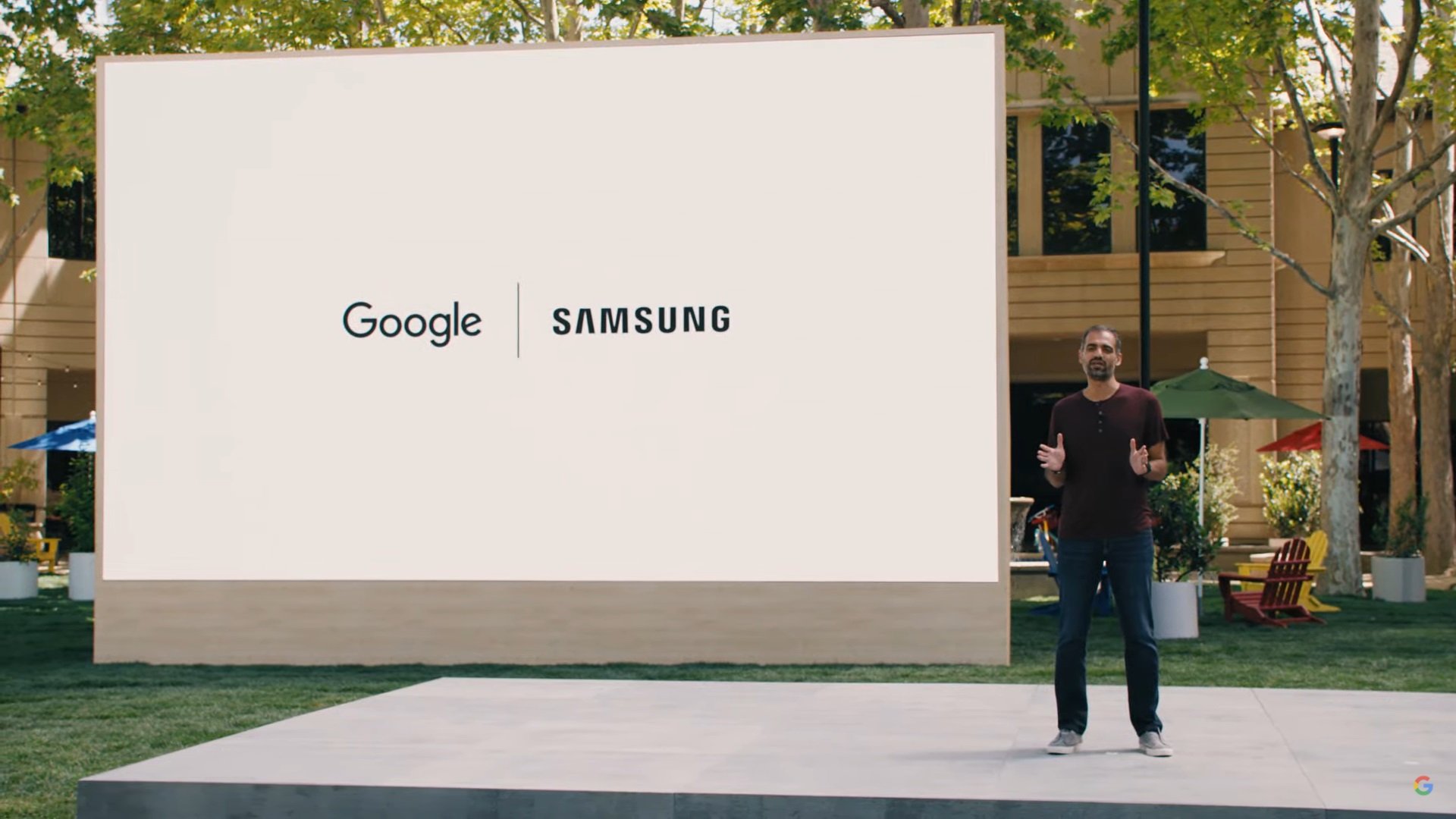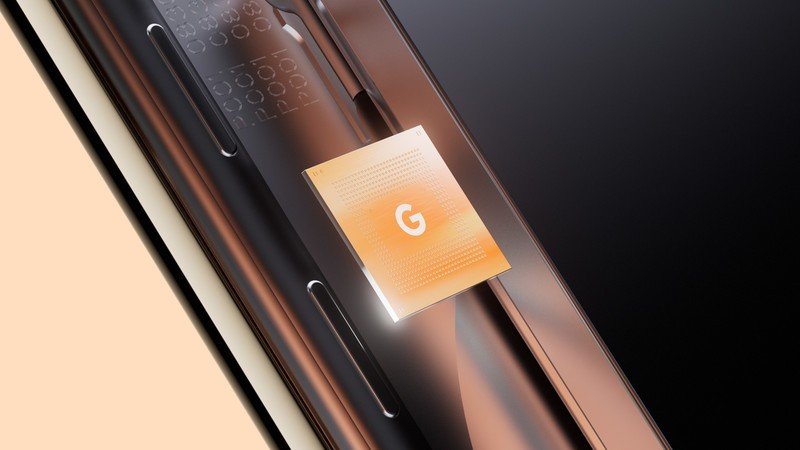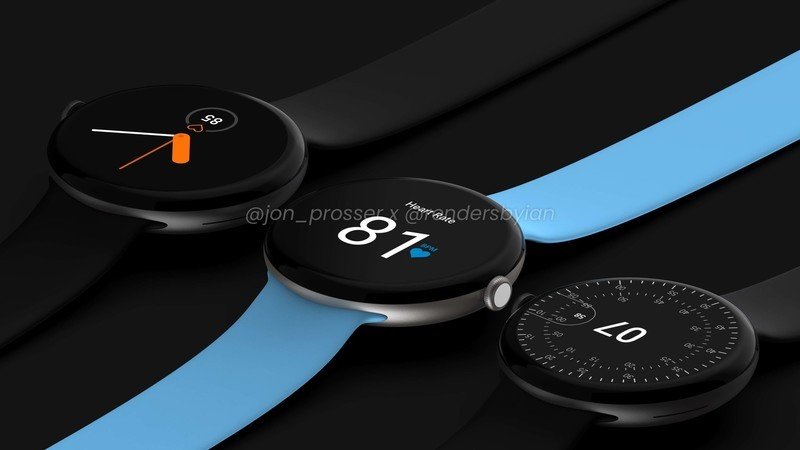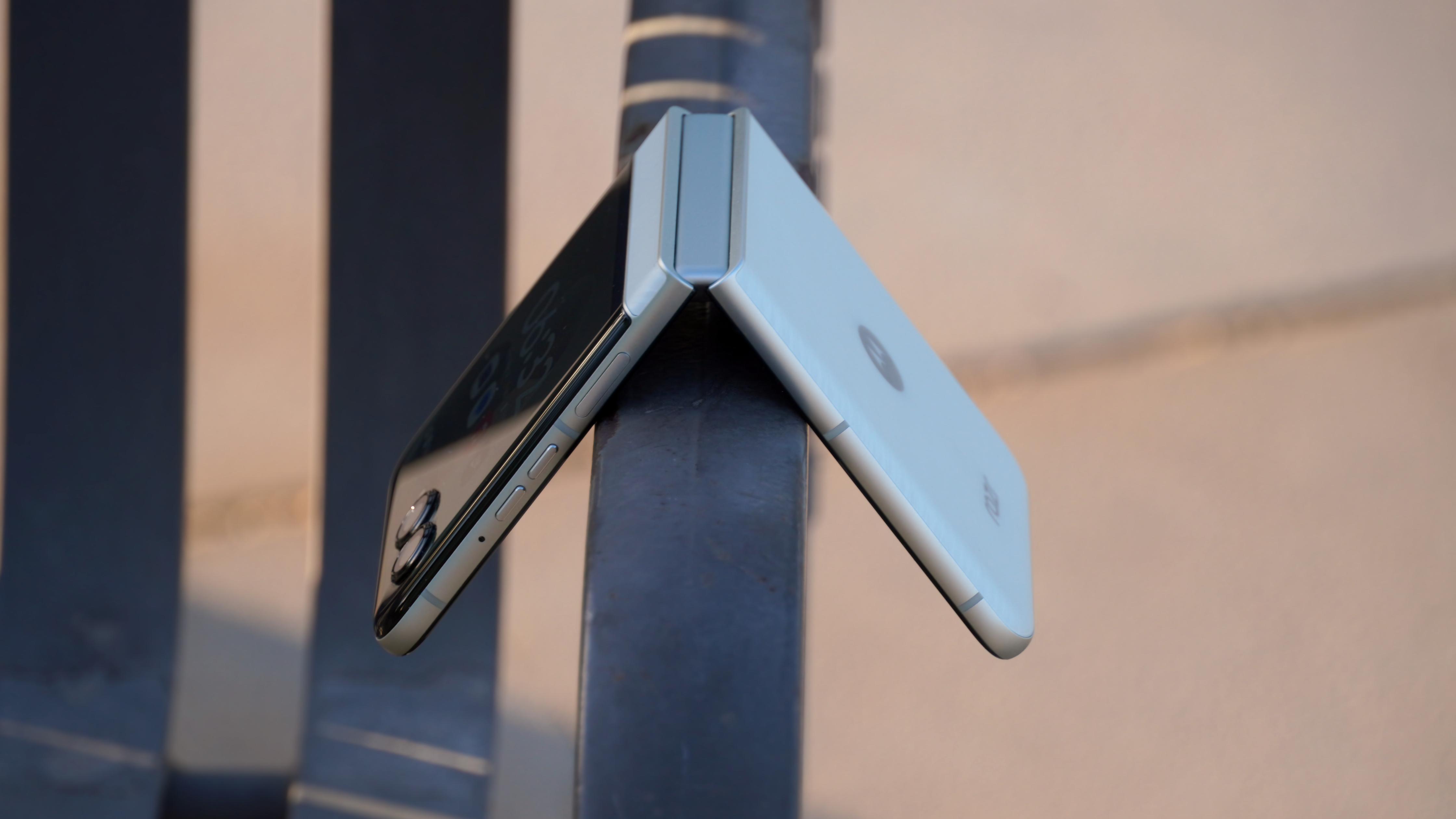Samsung and Google are getting cozy, but it's not all sunshine and rainbows

The Samsung Galaxy Watch 4 is here, bringing with it our first look at the new Wear OS 3 experience aimed at taking on the Apple Watch. For years, Google and Samsung have been working towards the same goal — providing a viable Android smartwatch experience. And recently, the two companies have put aside their differences and "joined forces," so-to-speak, with Wear OS 3.
However, now that the Galaxy Watch 4 is actually here, things don't feel as rosy as they did back at Google I/O 2021. You see, when Samsung and Google took the stage together to announce this new joint effort, I had high hopes that we would be seeing Samsung's excellent hardware paired with Google's optimized-for-Android wearable experience. But there are still some important features that I expected to see with the Watch 4 that still aren't here yet.
Samsung remains committed to the Bixby experience, even after partnering with Google on Wear OS 3.
The first of which is Samsung's unrelenting commitment to Bixby for some unknown reason. Yes, the company has sunk millions (if not billions) of dollars into a voice assistant that is arguably marginally better than Apple's Siri. But it's clearly the lesser voice assistant when compared to Google Assistant, and despite the "Wear OS powered by Samsung" branding, there's no Assistant on the watch yet. There isn't even integration with Google apps and services like Google Fit. Of course, both of these are expected to change, but this release makes me feel like this "dream" partnership between Google and Samsung is a lot more one-sided than anticipated.
Another example of this one-sided partnership is apparent if you are considering pairing the Galaxy Watch 4 with your non-Samsung Android phone. That awesome BioActive technology which is comprised of three different health-monitoring sensors? Yeah, you can only use it if you're also using a Samsung Galaxy phone. So you won't be able to use the best Android smartwatch and be able to take full advantage of its features with the Pixel 6 or even the recently introduced Pixel 5a. Let alone anything from OnePlus or any of the other best Android phones.
My concern is only slightly growing as we barrel towards the release of the Google Pixel 6 and Pixel 6 Pro. Rumors suggest that Samsung is actually providing the chips for Google's 2021 flagship lineup. And while I have no doubt that Google gave Samsung the specs for the Google Tensor chip and that's what Samsung will produce, there's still an uneasy feeling about it all.
Google has a lot more riding on the success of the Pixel 6 and 6 Pro than Samsung does — provided that Tensor is actually based on an Exynos SoC.
Samsung knows that this is Google's biggest chance to get things right with its flagship-tier smartphone. Development has been taking place ever since Google completed its acquisition of HTC's hardware division, and we're finally expecting to see what a true Google-powered smartphone will be capable of.
But unlike the Galaxy Watch 4 series, Samsung doesn't really have a say in the matter when it comes to the final product. If the Tensor chip is based on one of Samsung's Exynos processors, are we going to end up with the underwhelming and disappointing performance of the Exynos 990? Or are we going to be seeing a chipset based on the Exynos 2100, which is powering Galaxy S21 units overseas, and largely competes well with Qualcomm's Snapdragon 888? What if it's something else entirely, like a completely redesigned chip using the Exynos architecture that hasn't been tested in the "real world?"
Get the latest news from Android Central, your trusted companion in the world of Android

This is where I'm a bit concerned that Google is relying too much on Samsung, and that it's not actually a balanced partnership. Things might be different if Google told us what the Tensor chip is based on, even if it is a custom-designed chip. But that would likely end up with some type of Samsung branding or Galaxy fanfare taking place, pushing the Pixel 6 and Google out of the spotlight.

I'm still keeping my fingers crossed that Google alleviates these concerns once and for all with the release of the fabled Pixel Watch. But outside of some leaked renders earlier this year, we haven't really heard a peep about that. Moreover, there hasn't been any such Google device that has passed through any FCC certifications or anything of the sort.
You could say that this is all just the ramblings of someone who doesn't want to see Samsung completely take over the Android world, at least here in the US. But it's also the ramblings of someone who wants for the Pixel 6 to succeed so badly and for Google to give us the best Android smartwatch to pair with it. Is that too much to ask of Google?

Andrew Myrick is a Senior Editor at Android Central. He enjoys everything to do with technology, including tablets, smartphones, and everything in between. Perhaps his favorite past-time is collecting different headphones, even if they all end up in the same drawer.

